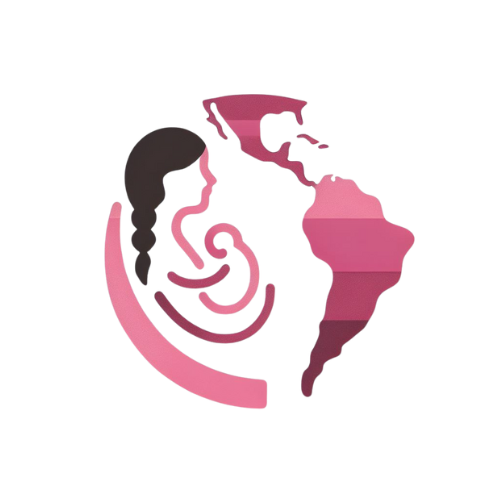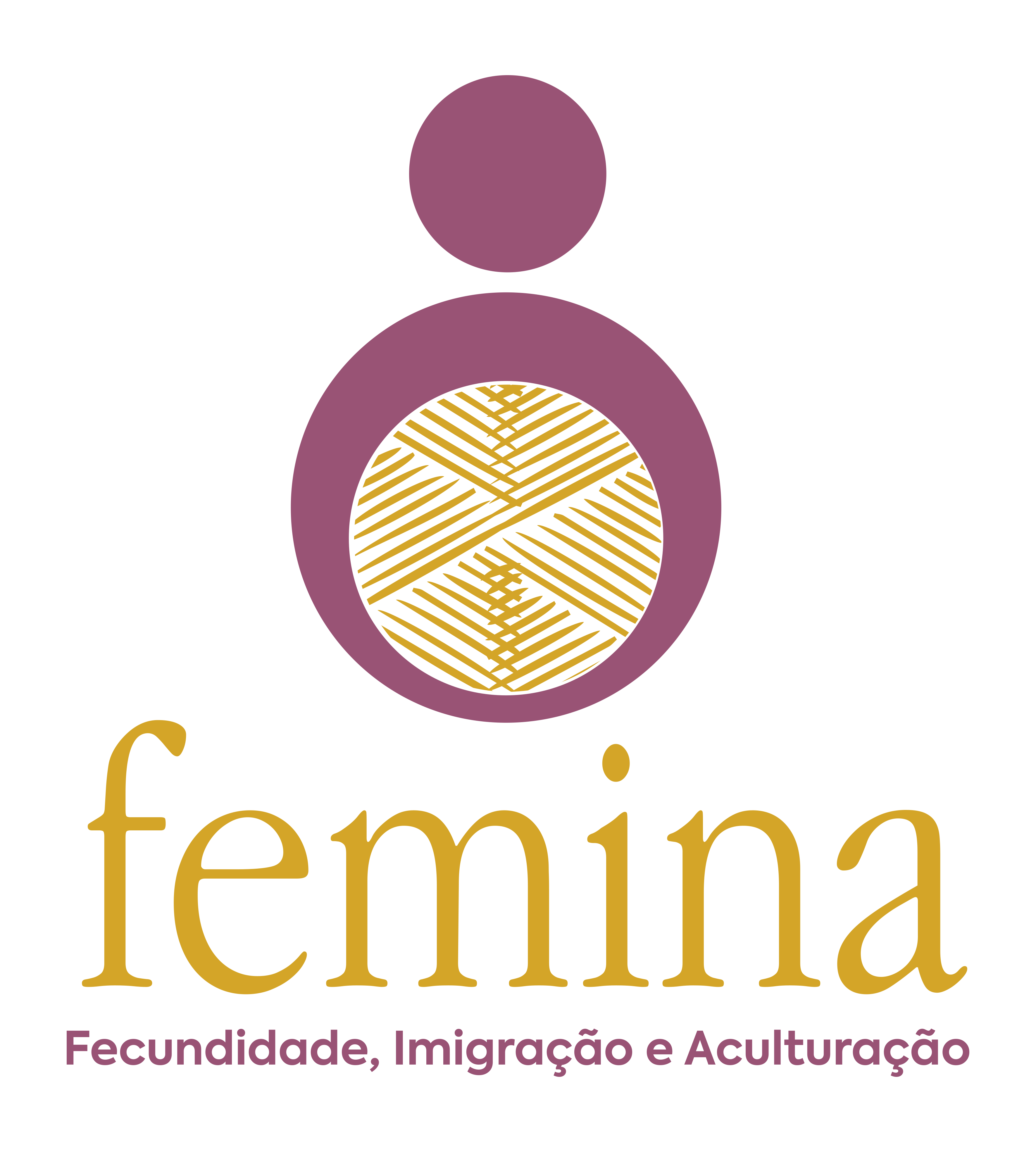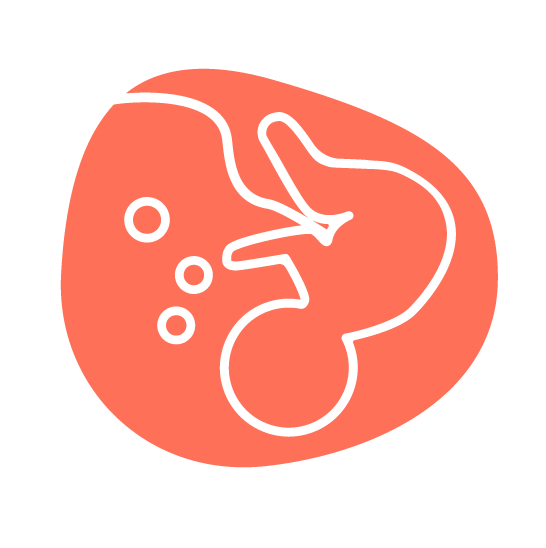O nascimento nos tempos de decolonialidade: Saúde Materna de Mulheres Indígenas e Afrocolombianas na Colômbia
Bolseira de Doutoramento
Este projeto pretende compreender como é que as relações de poder e de colonialidade influenciam os cuidados de saúde materna tradicionais de mulheres indígenas e afrocolombiana na Colômbia. Procuramos perceber como é que os vários paradigmas de assistência ao nascimento interagem na contemporaneidade, e de que forma essa interação afeta as experiências e expectativas das mulheres. Numa primeira fase, analisam-se dados estatísticos secundários, explorando cruzamentos entre categorias étnicas e indicadores de saúde materna. Em seguida, a partir dos resultados desta análise, identificam-se dois departamentos (regiões) do país, para realizar etnografias comparadas em comunidades de maioria afrocolombiana e indígena. Com a recolha etnográfica, espera-se: conhecer os modelos de nascimento vigentes para as minorias étnicas em estudo e a sua relação com os cuidados de saúde biomédicos; e compreender o significado de ‘bem-estar’ para a maternidade destas mulheres, avaliando de forma crítica os indicadores existentes e propondo novos indicadores para avaliação.
Orientação:
Sónia Pintassilgo (CIES-Iscte)
Violeta Alarcão (CIES-Iscte)
Claudia Puerta Silva (Universidad de Antioquia)
Informação do Projeto
2023-02-01
2027-01-31
Parceiros do Projeto
Fecundidade, Imigração e Aculturação: Abordagem interseccional das experiências e expectativas de sexualidade e reprodução em Famílias Cabo-verdianas e Portuguesas
Assistente de Investigação
CONTEXTO: O estudo das relações entre imigração, aculturação e fecundidade é recente, existindo ainda lacunas, em particular quanto às condicionantes socioculturais da fecundidade. Face ao declínio da fecundidade em Portugal, associado às mudanças estruturais do país nas últimas décadas, e perante o reconhecimento da importância da imigração para o aumento da natalidade, o projeto FEMINA foi desenhado para avaliar os fatores complexos de ordem individual, social, cultural e económica que determinam as experiências e expectativas de saúde sexual e reprodutiva (SSR) em famílias Cabo-verdianas e Portuguesas. O projeto reúne a expertise de investigadores do CIES-IUL e do ISAMB-FMUL nas áreas das Migrações, Família e Desigualdades em Saúde, visando uma abordagem compreensiva e interseccional de uma SSR promotora de segurança e satisfação. OBJETIVOS: A principal questão de investigação (QI) ("Qual é a influência da imigração e da aculturação dos imigrantes nas desigualdades em SSR em Portugal?") gerou várias QI subsidiárias: 1. Quais as diferenças entre os níveis e padrões de fecundidade nas (e entre as) mulheres portuguesas e cabo-verdianas? 2. Quais os fatores sociodemográficos (incluindo indicadores de etnicidade) associados à SSR de mulheres e homens portugueses e cabo-verdianos? 3. Quais as diferenças entre as práticas atuais e espectativas futuras relativas à SSR de mulheres e homens portugueses e cabo-verdianos? 4. Que crenças culturais e práticas de mulheres e homens portugueses e cabo-verdianos estão associados a uma melhor SSR e melhor utilização dos cuidados de SSR? 5. Quais as opiniões e valores de peritos e stakeholders relativamente a adaptar os serviços de SSR às populações immigrantes? 6. Como podem os serviços de SSR ser mais abertos à integração dos conhecimentos e práticas das culturas de origem dos imigrantes? MÉTODOS: Para responder a estas QI, foi desenvolvida uma abordagem multimétodo com recolha de dados quantitativos e qualitativos a nível individ...
Informação do Projeto
2018-10-01
2022-09-30
Parceiros do Projeto
- CIES-Iscte
- AIDFM - (Portugal)
Laboratório de Estudos Sociais sobre Nascimento
Assistente de Investigação
nascer.pt - Laboratório de Estudos Sociais sobre Nascimento é uma estrutura de investigação permanente, lançada em 2017 e acolhida pelo CIES-IUL. Tem como objetivo potenciar o conhecimento em torno das condições e características dos nascimentos em Portugal, contribuir para o crescimento da Sociologia do Nascimento e, ao mesmo tempo, promover o cruzamento entre estruturas e abordagens multidisciplinares no estudo do nascimento, a nível nacional e internacional. Através da produção e divulgação de informação de cariz essencialmente científico, o laboratório nascer.pt vem reforçar o debate em torno das práticas, políticas e paradigmas do Nascimento.
Informação do Projeto
2017-12-30
--
Parceiros do Projeto

 English
English




